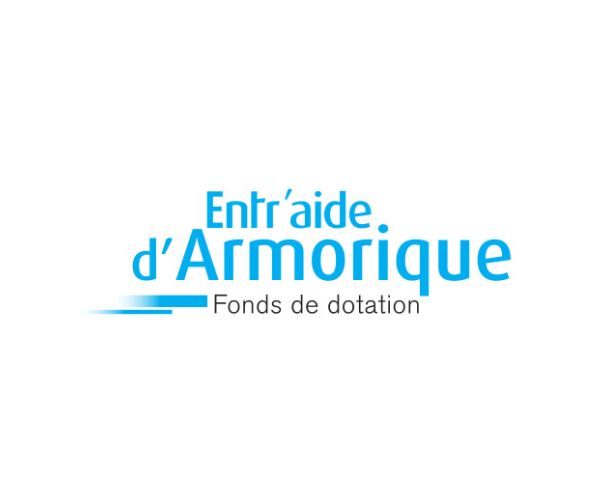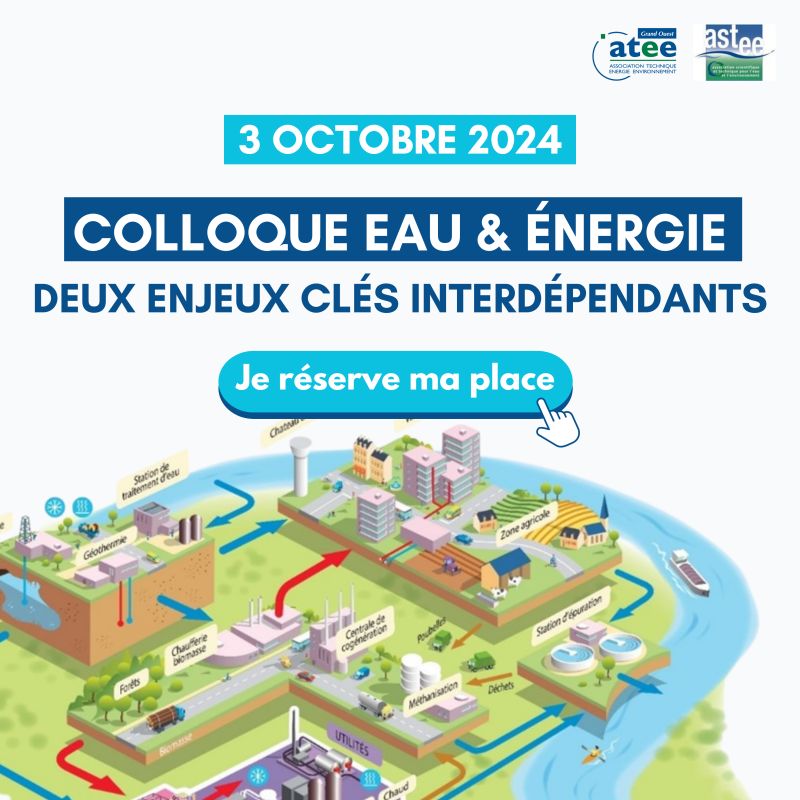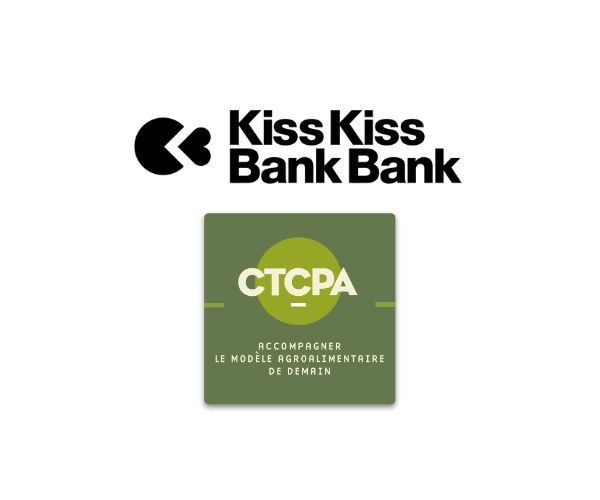Customer testimonials
Setting up a micro-cannery in Benin: the CTCPA supports the Fonds de dotation Entr'aide d'Armorique
13
Feb

Published on: 13/02/2024
The CTCPA supported the Fonds de dotation Entr'aide d'Armorique in setting up a micro-cannery in Benin. Jean-Jacques FUAN, vice-president of the FDEA, gives us an overview of their activities and our support.
Introduce us to your business
The Entr'aide d'Armorique endowment fund was created in 2013 by Claude Dréano, former director and founder of Armor Inox in Mauron, Morbihan, a world leader in ham cooking equipment. Together with his wife, Marie-Thérèse, they have succeeded in bringing together a wide range of people to carry out charity work on a voluntary basis, according to their skills.
The FDEA has three commissions:
- The Humanitarian Commission, whose mission is to help the most disadvantaged populations to improve their food subsistence through the creation of three micro-canneries.
- The economic commission supports young companies in Brittany.
- The health commission, whose aim is to help elderly people living at home or in nursing homes.
How did the idea of creating micro-preserves come about?
An exchange of experience between two friends was at the origin of the conception of a micro-conserverie. Mr Hénaff with his knowledge of minced meat canning and Mr Dréano with his expertise in vacuum cooking in the food sector. The aim of the concept for sub-Saharan African countries was to take action to reduce the enormous food waste that exists in these countries, since over 60% of mango, pineapple and tomato harvests were thrown away due to a lack of conservation methods. 80% of mangoes in Senegal and, according to Mr Odjoussou, 87% of tomatoes in Benin. Thanks to Mr Dréano's long-standing relationship with the CTCPA, the collaboration continued, with the CTCPA developing and validating the recipes for food processing in the micro-cannery.
FDEA's aim in sub-Saharan Africa is, through the micro-cannery, to act "modestly" but usefully in :
- Reducing food waste
- Economic entity and job creation
- Helping to reduce malnutrition in disadvantaged populations
- Reducing infant mortality by adding food supplements to processed products, not only fruit and tomatoes but also chicken and minced meat.
- Contributing to food safety and hygiene by preserving products at room temperature with expiration dates of over 6 months.
What was the process involved in creating this micro-cannery?
Mr Dréano and Mr Hénaff combined their knowledge and skills to design the micro-canner. It comprises an autoclave, a process for cooking and vacuum-packaging fruit and chicken parts. The micro-canner takes the form of a standardized container adapted to the production process. All this equipment represents an investment entirely financed by FDEA!
Recipes and cooking schedules have been developed and validated by the CTCPA in Nantes.
The FDEA provides the necessary assistance to each structure managing a micro-cannery for its set-up and initial training. We wanted to make sure that manufacturing processes, operating procedures, recipes and health and safety rules were fully understood, integrated and respected. We addressed all the issues linked to these processes, so that they could then be implemented under the best possible conditions, in line with the CTCPA's recommendations.
Where are the micro-preserves located?
To date, there are 3 micro-canneries (2 in Benin, in Parakou and Porto Novo, and 1 in Togo, in Kara). They have been donated. Two of the micro-canneries are run by humanitarian organizations. In Togo, it's Lumen Valley. In Benin, it's France Bénin Vendée. The latest one is run by Mathias ODJOUSSOU, president of the Trans Synergie association, with the same aim of helping people in need. create jobs, contribute to the local economy and reduce food waste.
Why did you choose the CTCPA to accompany you?
Mr Dréano knows the CTCPA from his experience in the agri-food sector. When we set out to design a micro-cannery, we wanted the support of the CTCPA to ensure the development of processes and compliance with these recommendations in the various micro-canning plants, and to guarantee food safety..
Yann GUYOT also worked with us on the training of the operators from Togo and Benin.
Cooperation with the CTCPA was very important. Mr. Dréano was convinced that we had to clearly define how we treated the products.
Thanks to Nicolas Bélaubre and Yann Guyot!
What are the next steps for these micro-preserves?
We're just getting started. We still need to adapt our business models in order to break even, or even generate profits to offset other investments, while bearing in mind that we are targeting a needy population.
The Fond de dotation Entr'aide d'Armorique will cease its activity in 2023. We are actively looking for a humanitarian fund, foundation or any other economic actor. We are continuing our efforts to find all possible means of ensuring the long-term survival of the project, with the aim of providing solutions for these malnourished countries.
__
CONTACT FONDS DE DOTATION D'ENTR'AIDE D'ARMORIQUE :
- Website
- Jean-Jacques FUAN, Head of Economic Commission, jeanjacquesfuan@wanadoo.fr
CONTACT CTCPA :
- CTCPA Nantes : nantes@ctcpa.org
- Yann GUYOT, Technology Project Manager, yguyot@ctcpa.org
__
Train as a canner with the CTCPA: Cannery training: learn to make cans (CPF) (ctcpa.org). This training is 100% financeable via your personal training account.
The CTCPA accompanies you on the development and validation of heat treatment schedules : mapping of chambers, validation of scales, development and optimization of scales, microbiology stability controls...







